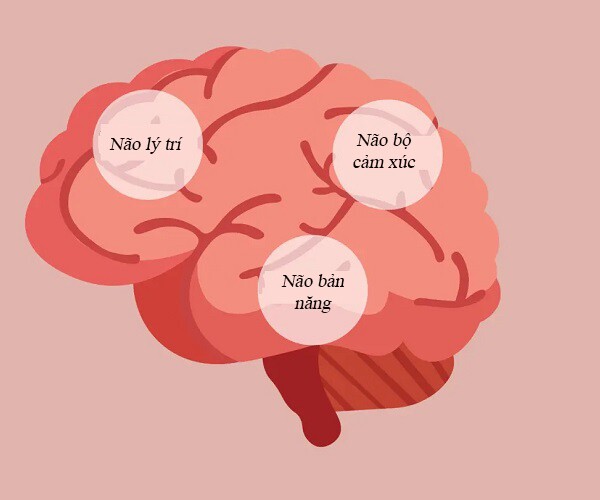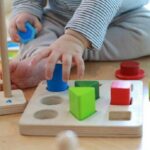How can we ensure our children get the best start in life? According to experts, it’s crucial for parents to understand the golden window of brain development and seize three key opportunities to enhance their child’s intelligence.


The Amazing Brain Development in Children
The human brain contains between 15 and 20 billion neurons. Interestingly, newborns have a similar number of neurons as adults. Then why can’t newborns do what adults can? It’s because the neurons in their brains are not yet connected.
In fact, brain development is all about forming neural connections and continuously lighting up brain circuits. The human brain can be divided into the following parts.
The Instinctual Brain
Known as the “brainstem” or “reptilian brain”, this is the earliest developing part. Its peak development occurs between the ages of 0 and 3. It’s responsible for vital functions such as respiration, heart rate, and digestion.
The Emotional Brain
Referred to as the “limbic system”, it includes the amygdala, which governs emotional responses, and the hippocampus, which is in charge of short-term memory. The golden period for a child’s development in this area is between the ages of 0 and 6. While children are essentially mature by the age of 15, their emotional control is not yet fully stable.

Parents’ greatest joy is seeing their children grow up healthy, intelligent, and happy.
The Rational Brain
Also called the “cerebral cortex” (especially the frontal lobe), it develops from birth, with a rapid growth spurt between the ages of 12 and 15, and doesn’t mature until around 25. It’s responsible for decision-making, planning and organization, self-control, and predicting consequences.
Brain development follows the order of “survival → emotions → learning”. If we liken the brain to a house, the instinctual brain is the first floor, the rational brain is the second floor, and the emotional brain connects the two.
When building a house, where do we start? We begin with the first floor, then build the stairs and the second floor. Brain development follows a similar sequence. The instinctual brain needs to be developed first for the other two brains to reach their maximum potential.
Once survival is ensured, the core becomes stronger, and the brain doesn’t have to spend time on unnecessary tasks. It will naturally prioritize allocating resources to comprehensively develop the rational brain, making the individual increasingly intelligent.
After entering puberty, even though the limbic system, the staircase connecting the first and second floors, is in place, the frontal lobe is not yet mature, and self-control abilities are limited. Parents need to patiently guide their children, avoiding pressure, so that they truly become emotionally stable and wise.

Seizing the Three Golden Stages of Brain Development
Before Age 3
Before the age of 3, adequate nutrition, sufficient sleep, and playful exploration all contribute to healthy brain development. This is a golden stage where the brain forms millions of neural connections, profoundly impacting future learning and development.
A balanced and nutrient-rich diet is key. Children need a sufficient intake of vitamins, minerals, protein, and healthy fats to support brain growth.
Sleep also plays a vital role in brain development. During sleep, the brain processes and consolidates information learned during the day.

Before age 3, proper nutrition, adequate sleep, and playful exploration are crucial for brain development.
Young children need between 12 and 14 hours of sleep daily to ensure their bodies and brains recover and develop optimally. Sleep deprivation can lead to issues with concentration, behavior, and learning abilities, hindering overall development.
Additionally, through play, children learn to interact with peers, hone their problem-solving skills, and nurture their creative thinking.
Before Age 6
Before age 6, hug your child more often. This stage is crucial for establishing their emotional and intellectual foundation. Hugs provide a sense of security, allowing children to feel loved and supported by their parents.
Instead of solely focusing on theory, create opportunities for your child to develop concentration and logical thinking through practical activities.
Intellectual games, construction toys, or art activities can stimulate creativity and problem-solving abilities.

Increase interactions with your child to build a strong emotional and intellectual foundation.
After Age 12
After age 12, the rational brain is still undergoing refinement, and emotional regulation abilities are relatively weak. This is when children experience numerous physiological and psychological changes, which can lead to intense and sometimes uncontrollable emotions. During this phase, maintaining a loving and supportive environment is crucial.
When children feel loved, they have a solid foundation to build self-confidence and navigate life’s challenges successfully.



































